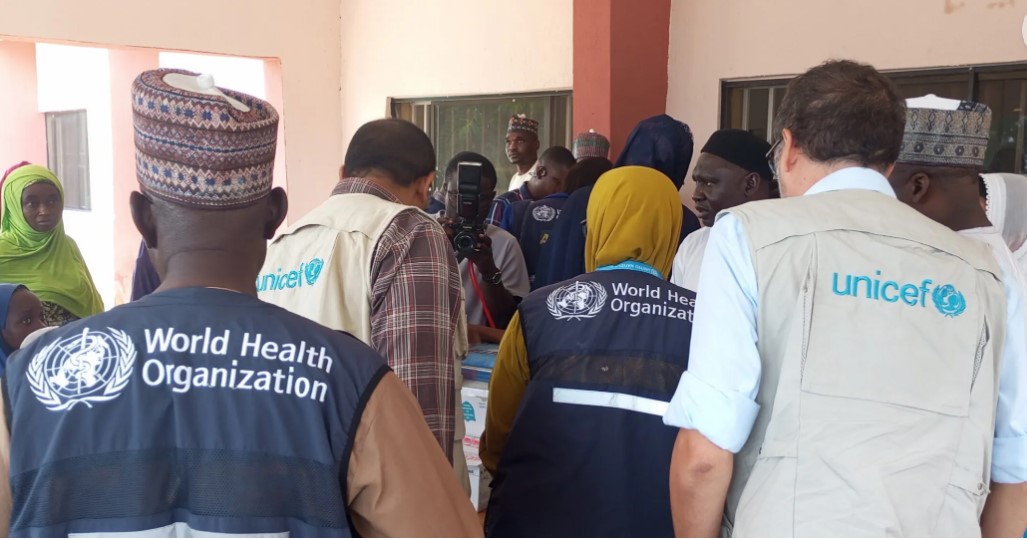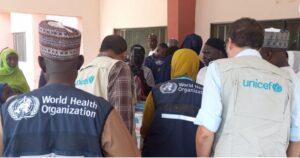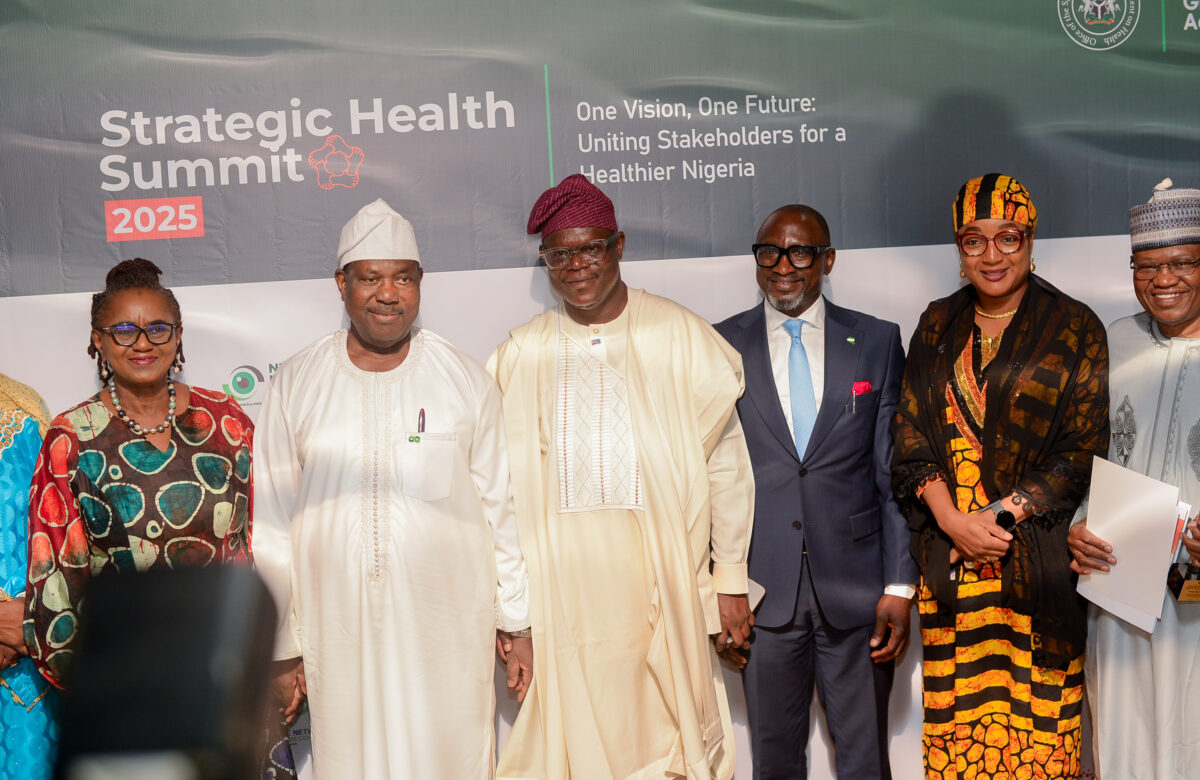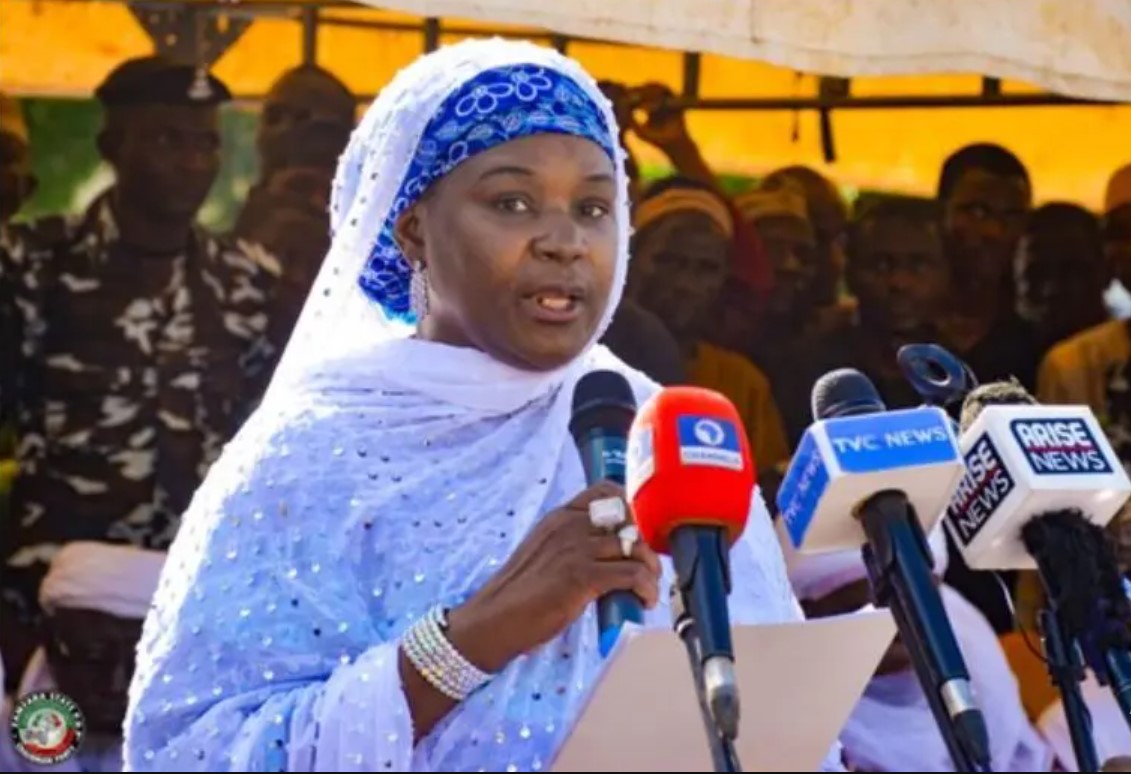
SWAp project: NGF, WHO, UNICEF adopt Jigawa healthcare policy for implementation
- Health and WellbeingHealth Sector
- No Comment
- 263

Nigerian Governors Forum (NGF) and United Nations Children’s Fund (UNICEF), World Health Organisation (WHO), and some other development partners agreed to adopt Jigawa healthcare delivery services policy in implementation of the Sector-Wide Approach (SWAp) meant to improve healthcare for Nigerians from the sub-national level.
The decision was taken after an assessment visit to some healthcare facilities in rural areas regarding policy on healthcare delivery services of the state by a team led by UNICEF’s Chief of Health, Abuja, Eduardo Celades Blanco, includes representatives from the Nigerian Governor’s Forum, Federal Ministry of Health and the World Health Organisation, among others for the implementation of the programme.
Speaking to newsmen on the project one of the team members and Permanent Secretary of Jigawa State Ministry of Health, Dr Kabiru Ibrahim said that the visit is aimed to optimise the delivery of healthcare services in the state for the implementation of the swaps programme, which is a unit in the federal ministry of health.
Mr Ibrahim said the SWAp programme aimed to provide a platform where resources would be put together alongside the burden of illnesses and diseases within the country to apportion resources according to the magnitude of health challenges across the country.
“The SWAp is a new paradigm in the delivery of resources in Nigeria’s health programming; it entails the collection of contributions from donors organisations from the governments into one common basket to address challenges across the different programmes without duplicating efforts and ignoring the underserved populations,” Mr Ibrahim said.
He said with the SWAp you can access a portion of resources so that there won’t be heavy disparity within the states and at the local government levels.
“It’s a planning approach to allocate resources according to needs; the more the problem, the more the resources. The team is here to look at how the operationalisation of the SWAp as a programme can function at the subnational level.
“The team decided to pick Jigawa because it’s a state that is working, the government is dealing with problems head-on, partners are always behind the government, and the government is taking the leadership in the provision of healthcare and places where there are results-based on intervention put together by the government and partners.
“Jigawa has a very good rate in terms of immunised people, delivery at healthcare facilities, provision of antenatal care, and people who have access to bednets. These are all the parameters that count progress in the healthcare sector, which Jigawa is doing well”, Mr Ibrahim said.
“The team picked Jigawa to learn lessons on how can the coordination platform in terms of planning, pulling resources, looking at the burdens and allocation of resources according to burdens and what kind of strategy is going to work to provide that kind of dimension that other states can copy from Jigawa state, that is the mission of coming to Jigawa,” Mr Ibrahim said.
The team has visited about three healthcare facilities in rural areas and is satisfied with what they see on the ground. Mr Ibrahim added that they use Jigawa state’s coordinating resource model as a yardstick for implementing SWAp nationwide.
The SWAp is an aid delivery mechanism whereby national governments lead the partnership, and all funding is directed toward supporting a set of national policies through common management systems guided by agreed policy, expenditure and institutional frameworks, as well as strong accountability mechanisms.
By Adamu Adamu
SWAp project: NGF, WHO, UNICEF adopt Jigawa healthcare policy for implementation




